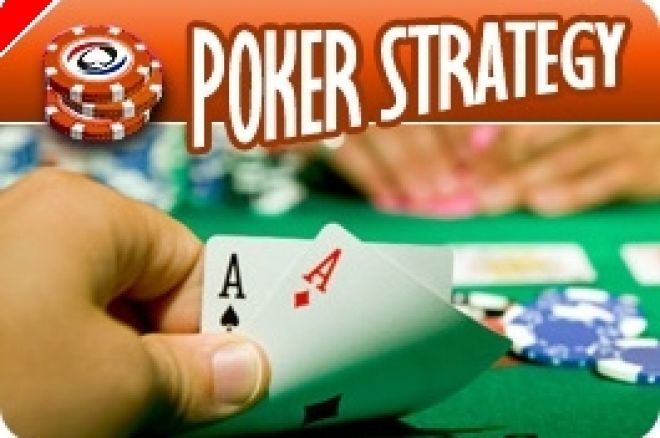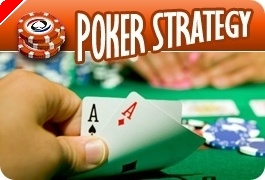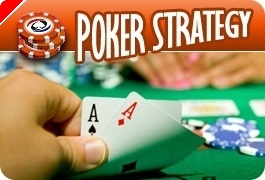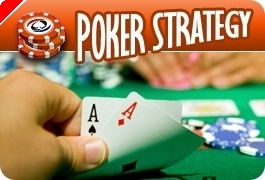Stud Poker Strategy: Spread Limit Considerations, Part 2 -- Exceptions

In the first part of this two-part series I addressed strategy considerations for the loose and passive low-stakes spread-limit game, often played with no ante, like $1-5 and $1-3.
It can often be frustrating to play in a low-limit game like this with very passive and loose players. They will tend to draw out on you, much as you drew out on them with your inside straight draw in the example from last week's column. There are a few things you can do to lessen the chances that your strong hand will be overtaken by others.
In games like these, with premium pairs it often makes sense to slow-play them on third street and then raise with them on fourth or fifth, depending on what develops. Much depends on position.
Let's say you have a split pair of jacks and the bring-in is to your right. In a structured limit game, like $10/20, you'd routinely raise to $10 – hoping to either win the pot right there or get one other caller. Heads up, you're a favorite to win the pot against anyone not holding a higher pair.
But in this game, with just $1 in the pot, you're not so pleased with winning. A raise to $6 is probably a mistake – since players may routinely fold for such a large raise unless they are already ahead. In early position, with a table of calling stations, you call too.
On fourth street, however, with $8 or so in the pot, if you are still high or if it is checked to you, bet the full amount. You'd like everyone to fold here. If you get action from one or two players, then continue to play the hand as you would in a structured limit game. If, on the other hand, there is a bet to you from a player with a higher upcard, you can release your hand knowing that you are almost certainly behind – as these players wouldn't be likely to initiate the betting without a hand that could beat your jacks.
But let's go back to third street. Let's say the bring-in is to your left. Four players have called the $1 bet when it comes to you. In that instance go ahead and raise the maximum. You want to win the calls or greatly limit the field. As a maximum bet, you may do just that, since players in these games tend to bet softly, if at all, with their premium pair on third. If they do you've won $5 for your $5 raise – not a bad return.
Be careful with this, though. If all players call you on fourth then your jacks aren't very strong on fifth street. You have to be concerned about anyone who hits a queen, king, or ace. If they bet or raise then they probably have you heavily dominated with a pair or even two pair. You should fold your jacks.
You can also use check-raising and re-raising on fourth and fifth street to limit the field when a single bet might not accomplish the task. Let's say, for example, that you have jacks in early position with the bring-in to your right. You called the bet and someone with a ten raised to $3 in this $1-5 spread-limit game. A player called in front of you; just call along. On fourth street, however, let the player with the ten bet again. If you are high, check and then raise. If you are not high and he initiates the bet in front of you, just re-raise him. The combination of both of your bets should be enough to limit the field to the two of you, which is what you want.
One last consideration here. In general, give credit to the aggressive bet early in the betting rounds. Be more likely to fold if there is a raise and the hand he is representing is better than your hand. Similarly, tend to give less credit to the bet in later betting rounds. Players in these games tend to overvalue their hands. While you might conclude that you would never bet the hand they have, they might not see it that way – and they'll come out firing. They may also tend to make desperation bets on the river when they missed their hand. They will not take into consideration the fact that there are multiple players on the river when they bet. Though you might conclude that they would be foolish to try and bluff three others, you should often call even though you think you're probably beaten. You will make money by calling these bets even with hands that are only mediocre.








